Building Innovation Ecosystems to Reinvent School

By Rosie Clayton.
This post was originally published on Medium.
It feels like a crazily long time now since my adventures across the USA last autumn, in which I looked at trends in school design and edu innovation. Over the last 4 months—as well as getting stuck into new projects in the UK—I’ve been synthesizing all my learning from the vast array of conversations and observations during those 7 weeks into a detailed paper which has now been published by the Winston Churchill Memorial Trust.
You can read my full report, Building Innovation Ecosystems in Education to Reinvent School, here: http://www.wcmt.org.uk/sites/default/files/report-documents/Clayton%20R%20Report%202016%20Final.pdf
I decided to focus my findings on three key areas of edu innovation/system change:
- new models of school which are transforming outcomes for young people,
- the emergence of ‘innovation ecosystems’ in education which are enabling the development of new school models, building capacity across the system and scaling practice, and
- new technologies which are powering change.
Here is a brief synopsis of the full study:
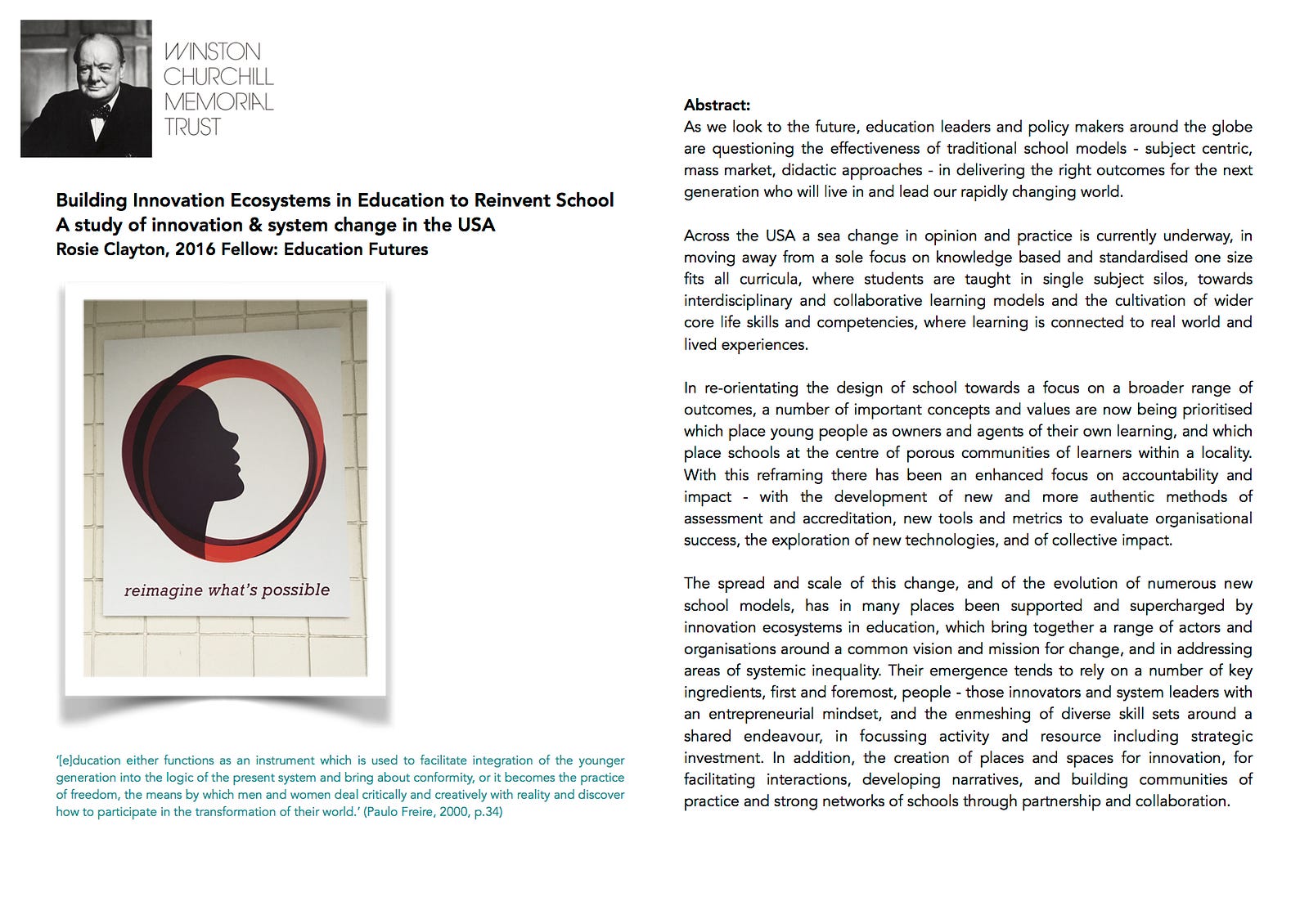
In looking at how schools are changing their approaches to teaching and learning there were a number of core concepts which seemed central to emerging trends, and particularly the move towards deeper and more student-driven learning models…
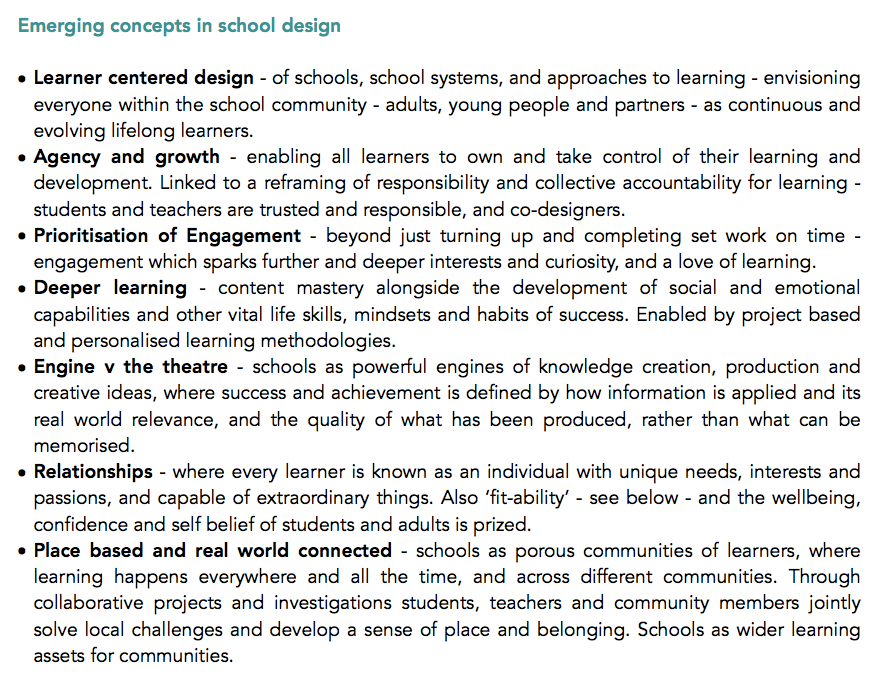
It was really inspiring to see how these concepts and values are being exemplified in practice in a number of schools which I visited, and the full report includes detailed case studies from Calumet New Tech High School, Big Picture Learning schools, Nola Micro School, Bergen Tech and Brooklyn Lab School.
From my perspective as a UK practitioner, I was keen to understand why and how this change is occurring, and particularly the mechanics and conditions for change at a systemic level. Prior to the trip, I had been drawn to the idea of innovation ecosystems, often used in an economic development context to describe an interconnecting web of relationships, behaviors and practices which facilitate and fuel business innovation.
Applying this thinking to the education sphere I looked at…

…in my mind innovation ecosystems look something like this!
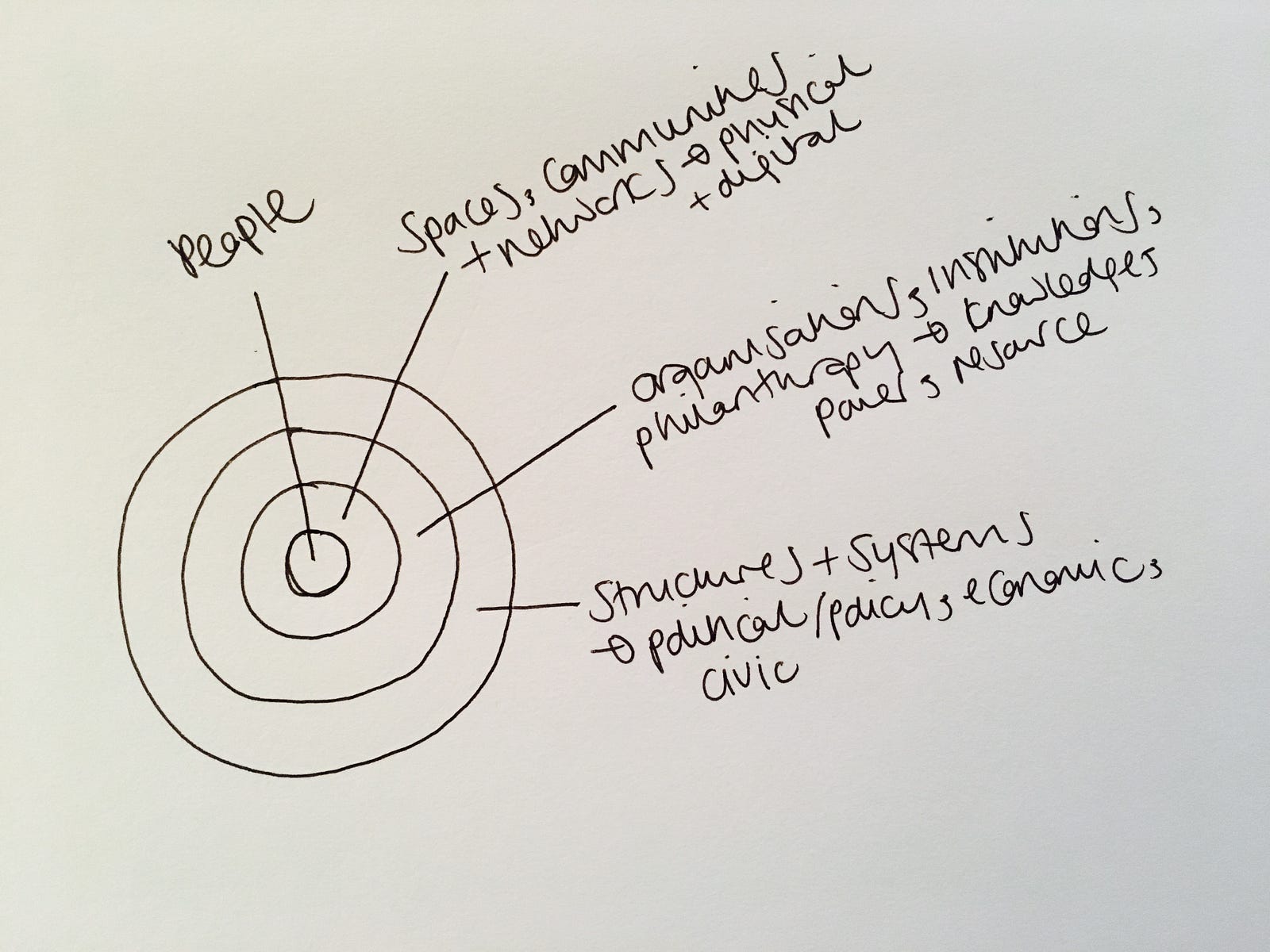
Building on Tom Vander Ark’s compilation of insights into innovation ecosystems in Smart Cities, I explored what I came to see as school, locality and network based ecosystems—thinking about wider places and spaces which spark collective innovation—as well as the catalysts & intermediaries which connect ecosystems, organizations and people, and build innovation pathways.
These collaborative and dynamic systems had a number of operating characteristics…
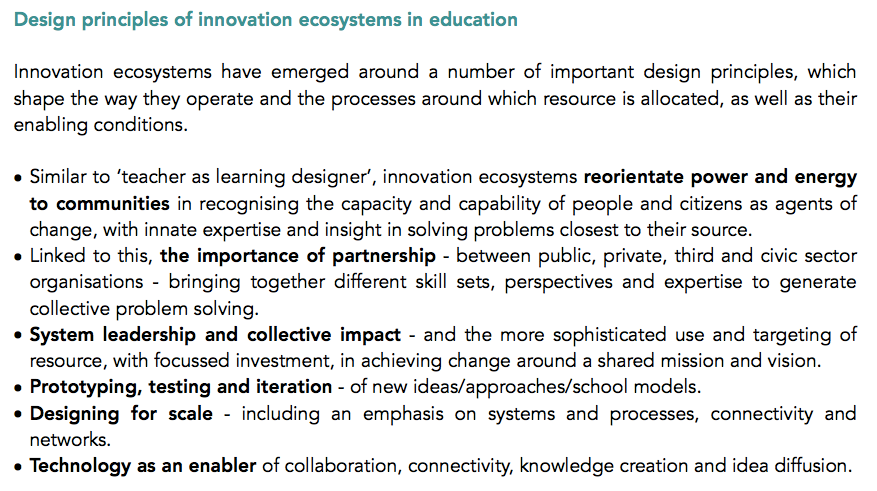
I hope that this frame provides a useful conceptual tool for thinking about educational change networks, and their underpinning conditions, values and drivers.
I was also interested in the role of technologies in all this — and especially how tech tools are supporting the development and embedding of new approaches to learning, deeper learning, the reframing of value systems, and building student and teacher agency…
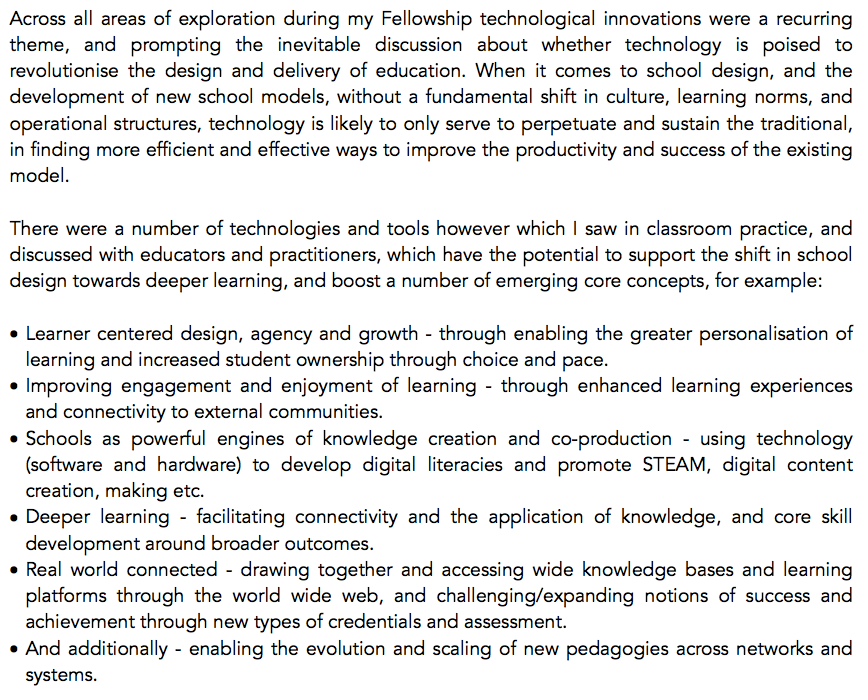
The most potent tools I saw in action included platform networks, particularly as systems for scaling practice, and digital badges, which are challenging assessment and value systems around what counts as learning, and providing a medium for measuring and documenting a broader range of attainment/achievement outcomes. Since being back in the UK I’ve started working on a couple of projects to develop the potential of digital badges and credentials here, with the RSA, and the weareopen crew.
I also had a bit of a look at the application of VR and AR in education, covered in more depth in this post.
And briefly touched on here, too.
This is just a very brief snapshot of important learning points from my Fellowship, covered in much more detail in the full report which includes an overview of the political and policy context as well as conclusions, recommendations, and areas for future thinking and exploration.
I hope that the report provides a knowledge base of insights and ideas for both UK and US educationalists interested in school design, innovation in education and systems thinking. And for UK colleagues especially a springboard in questioning prevailing assumptions and provoking discussion and debate about the future of education.
And I’d love to know what people think of my findings, thoughts and ideas, either in comments to this post, or via Twitter or email.
For more from Rosie, see:
- An Innovation in Education Discussion with Tom Vander Ark
- Personalization and Real-World Learning at Big Picture Schools
- System Connectors and Shapers in Education Transformation
- It Takes a Village: Rebuilding Education Opportunities in NOLA
Rosie Clayton is a freelance consultant currently working across education, tech, school and network design in the U.K. Follow her on Twitter: @RosieClayton
Stay in-the-know with all things EdTech and innovations in learning by signing up to receive the weekly Smart Update.


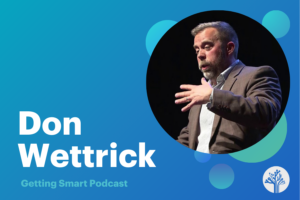
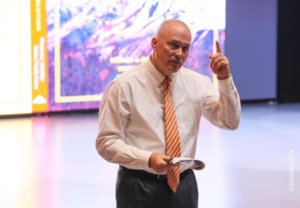

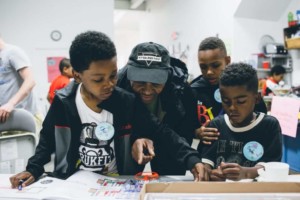

0 Comments
Leave a Comment
Your email address will not be published. All fields are required.